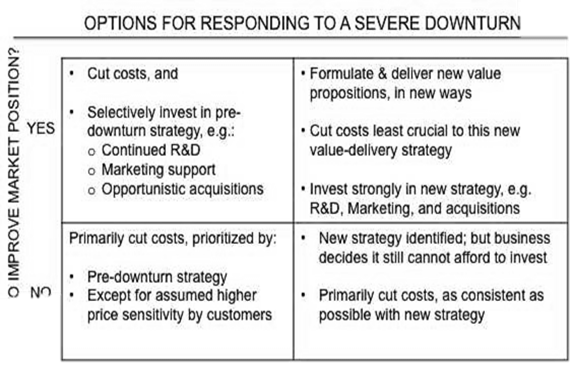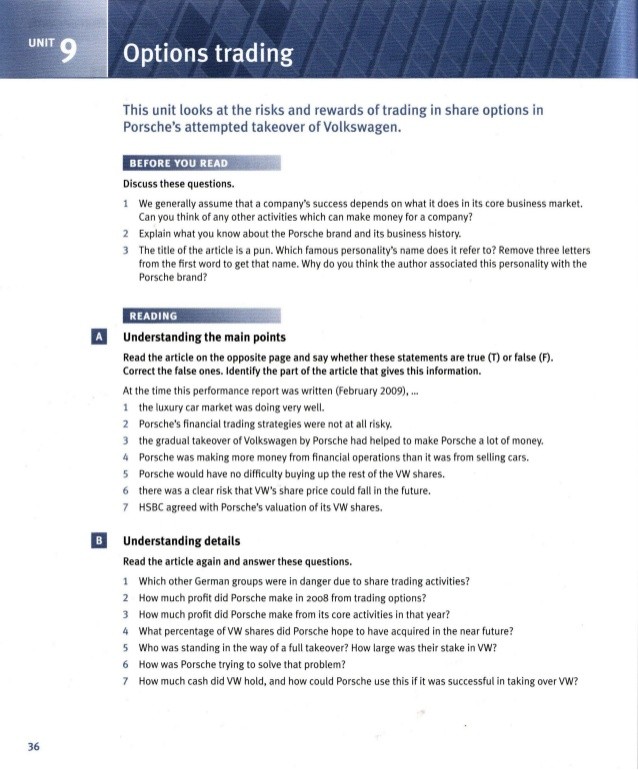Overseas Investing No Protection Against Downturn_2
Post on: 24 Июнь, 2015 No Comment

2012 Investment Climate Statement — Venezuela
Openness To, and Restrictions Upon, Foreign Investment
Economic and political uncertainties, a history of actual and threatened nationalizations, increasing state intervention in the economy, and an increasingly restrictive and opaque legal framework make Venezuelas investment climate considerably less welcoming than it once was. As a result of these risks, foreign direct investment into Venezuela in recent years has lagged behind that of most other Latin American countries. According to the Central Bank of Venezuela, foreign direct investment in Venezuela increased by USD 3.2 billion during the period January-December 2011, following an increase of USD 1.2 billion in 2010, and a decrease of USD 2.5 billion in 2009.
The investment climate began to decline in 2007 because of increasing political and economic uncertainty although many companies decided to maintain their investment position in Venezuela in the hope that the economic environment might eventually improve. Strict labor and environmental laws, coupled with the difficulties investors have faced in repatriating dividends since 2008, have also increased the costs of withdrawing from the Venezuelan market. A flurry of new laws passed by the Venezuelan National Assembly in a marathon session at the end of 2010 included laws intended to create a communal state and economy. Additional controversial legislation passed in 2011 may adversely affect future investment in the country. The upcoming October 2012 presidential election heralds an uncertain political outlook in the coming year. Venezuelas economic outlook at the beginning of 2012 is for continuation of the modest economic recovery that began in 2011, following two years (2009-2010) of recession. Inflation plagues the economy and is likely to remain an ongoing problem. The economic scenario that may follow the October elections is not clear.
Important developments in 2011 and 2010 included the devaluation of the official exchange rate, continued banking sector interventions, and the nationalization of assets in a number of different sectors. An on-going electricity crisis continues to result in rationing, particularly outside Caracas. In 2011, at least 497 companies (mainly domestic) were nationalized, according to private sector data. Nationalizations encompassed a broad swath of the economy including: oil services, the petrochemical sector, transport, mining, agribusiness, packaging, banking, logistics and distribution, iron, steel, ports, construction, tourism, auto parts manufacturing, electrical services, paper, telecommunications, textiles, and commercial and residential real estate.
In August 2007, as part of his push toward 21st Century Socialism, President Chavez proposed a series of constitutional reforms that would have, among other things, defined Venezuela as a socialist state and significantly weakened protections for private property. Voters rejected these proposals by a slim margin in a December 2007 referendum, but President Chavez decreed 26 new laws on July 31, 2008 that implemented some of the rejected constitutional reforms and weakened property rights. The National Assembly passed many of the most important reforms rejected in the referendum in December 2010. Among the most important were the five popular power laws intended to create a communal state and economy. In addition, the GBRV passed other laws in 2010 affecting investment: the Banking Sector Institutions Law, the Emergency Law of Urban Lands and Housing, the Insurance Activity Law, the Electricity Service Law as well as reforms to the Science, Technology, and Innovation Law, the Law of Social Responsibility for Radio and Television, and the Telecommunications Law.

A Law of Fair Costs and Prices was passed in July 2011 giving the Venezuelan government broad authority to regulate the prices of almost all goods and services sold to the public, including those of imported products. A new bureaucracy has been empowered to decide whether prices are fair and to identify businesses that make excessive profits. The GBRV announced that, in early 2012, it would begin imposing maximum prices under this law. The National Assembly passed the Lease Adjustment and Control Act in November 2011, expanding government regulatory powers over the residential rental market. The law mandated that a new government entity would set rental prices and approve all rental contracts. It eliminated tenant deposit guarantees and limited landlord profits to a margin well below inflation. Combined with a May 2011 Law Against Arbitrary Eviction, these new real estate regulations makes it very difficult for landlords to legally evict tenants.
State intervention in the economy has created a series of distortions. The GBRV has maintained a fixed exchange rate and exchange controls since February 2003. As a result, there has been intense competition to access hard currency at the official rate (including for repatriation of capital and/or profits); the rationing of official dollars led to the development of a parallel foreign exchange market. In January 2010, President Chavez announced a devaluation of the bolivar and implemented a dual official exchange rate system. However, at the official rate, the bolivar remained overvalued. The government took steps in May 2010 to declare the parallel market illegal, and in January 2011, President Chavez again devalued the bolivar exchange rate by eliminating the lower of the two official exchange rates previously established in January 2010. The GBRV has also maintained price controls on a wide variety of goods and services since 2003. These controls have caused shortages and created disincentives to investment, in some cases driving companies that produce price-controlled goods out of business. These price controls have now been augmented by the Law of Fair Costs and Prices mentioned above.
In 2011, Venezuela ranked 175 in the Heritage Foundations Index of Economic Freedom, essentially unchanged since last year. According to the Heritage Foundation report, Venezuela had the second lowest score in Latin America due to an interventionist government, inefficient and rigid regulation, opaque and burdensome investment laws, corruption in civil society and the judiciary, and the weakening of property rights. The World Banks 2012 Doing Business Report ranked Venezuela 177nd in terms of the ease of doing business, with an average of 147 days and 17 procedures necessary to start a business. Transparency Internationals 2011 Corruption Perceptions Index ranked Venezuela as the most corrupt country in Latin America.














